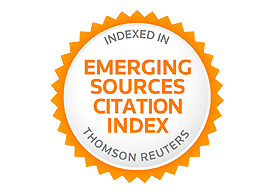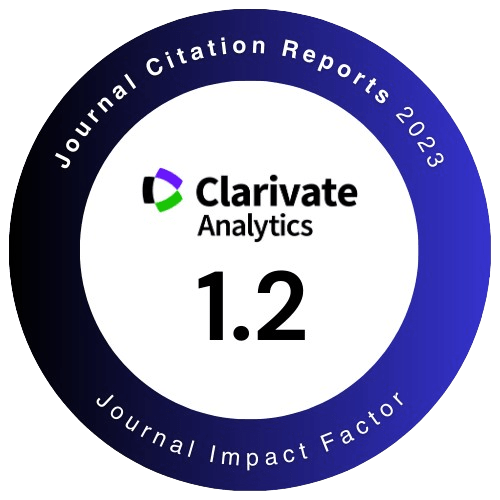Modeling of Ship Sailing Patterns in Maluku to Support the Sea Highway
Abstract
The low level of the ships' load factor (LF) in the Maluku archipelago region can be attributed to the lack of compatibility between ship loads and the available cargo potential in the region. Therefore, the implementation of an optimal sailing pattern is required. The sailing pattern of the ship can be optimal if it can carry cargo according to the available potential because this circumstance can improve sailing efficiency. The purpose of this study is to determine the optimal sailing pattern according to the potential of the Maluku region to support the maritime highway program in Maluku. Firstly, Fuzzy Multi-Attribute Decision Making (Fuzzy MADM) was used to determine the optimal model of ship operating patterns in the Maluku archipelago region. Secondly, a time series correlation analysis was conducted to identify patterns and correlations among the data. This analysis provides insights into the relationships between different variables over time. Thirdly, another analysis was performed using the Cobb-Douglas production theory to identify the influencing variables on the number of ship visits (Call), ship deadweight tonnage (DWT), and ship cargo potential (QS). The results show that the selection of the best ship operating pattern using the recommended Fuzzy MADM method is a mixed sailing pattern, namely regular and tramper sailing. In addition, increasing the productivity of QS_R+T and DWT ships will have a positive effect on ship visits in a certain time unit. If the potential growth of positive cargo QS_R+T > Call and DWT, then it is important to build new ships with optimal DWT so as to increase ship efficiency in supporting the maritime highway program. This research provides a significant contribution to the development of an efficient and sustainable national logistics system, as well as being a policy reference for decision-making related to the sailing pattern and the development of the maritime highway program in Maluku.
Keywords
Full Text:
PDFDOI: https://doi.org/10.14716/ijtech.v15i1.6231











